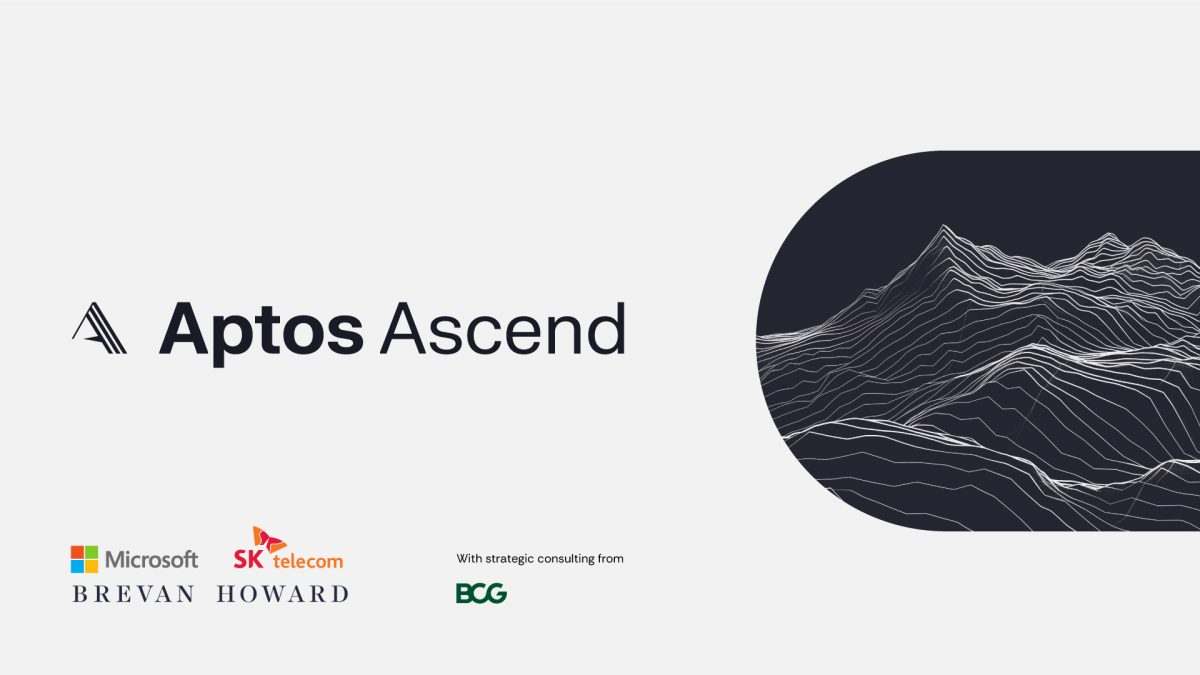Decentralization in the metaverse: Who is in control?


The metaverse, hailed as the internet's next evolution, is a vast, interactive virtual realm. But who holds the reins? It's not just the tech behemoths like Meta (formerly Facebook) and Microsoft. In the decentralized space, every user plays a part in shaping the metaverse landscape.
The concept of control in the metaverse is multifaceted and involves various stakeholders ranging from tech giants to decentralized projects and individual users. Companies like Meta, Microsoft, Apple and Amazon are at the forefront, investing heavily in the development of metaverse infrastructures. These companies envision a virtual world where digital avatars interact through augmented reality (AR) and virtual reality (VR) technologies for business, travel, leisure and more.
However, the decentralized version of the metaverse isn't owned or controlled by any single entity. It's a collective space, created and shaped by its users, enabling them to own virtual land and engage in various activities. Despite the dominance of tech giants, the metaverse's decentralized potential suggests that control ultimately lies with the users who interact within this virtual universe.
The role of cryptocurrency in governing the metaverse
One crucial aspect that empowers individual users in the decentralized metaverse is the role of cryptocurrencies.
Cryptocurrencies are the lifeblood of these metaverse economies, allowing users to buy, sell and trade virtual assets in blockchain-based worlds. For instance, platforms like Decentraland and The Sandbox require Ethereum-based crypto tokens for transactions involving virtual assets. Users can engage in activities from trading non-fungible token (NFT) artworks to charging admission for a virtual concert. This ability to create, own, invest in and profit from a vast array of assets within the metaverse is a defining attribute of these virtual worlds.
Moreover, the inherent security and immutability of blockchain technology are critical attributes for virtual reality technology like the metaverse to gain broad adoption. Blockchain allows for cryptographically secure and protected transactions, thereby bolstering the trust of users in the metaverse's economy. As the metaverse evolves, cryptocurrencies could become the dominant means of transaction, further decentralizing economic control and empowering individual users. However, it's worth noting that this model also presents challenges, such as the need for standardization across different platforms and the potential for economic disparity among users.
As the metaverse continues to expand, the role of cryptocurrencies in its governance is likely to grow. While tech giants may be leading the charge in developing the infrastructure of the centralized metaverse, cryptocurrencies and blockchain technology are key to unlocking decentralized control, allowing for a diverse range of contributors and experiences that can make these virtual worlds a more dynamic and inclusive space.
Key players and stakeholders in the metaverse
While the metaverse's development and infrastructure are heavily influenced by tech giants, it's important to recognize the role of other key players and stakeholders that contribute to the ecosystem.
Companies like Meta, Microsoft, Apple and Amazon are undeniably pivotal, but the metaverse's decentralized potential also allows for a myriad of other contributors. For instance, open-source projects, driven by a non-corporate ethos, are playing an essential role in the metaverse's evolution, attracting some of its most creative talents.
Consumer brands are also making their mark on the metaverse. Businesses like Gucci, Coca-Cola and Clinique are exploring the possibilities of the metaverse, selling digital tokens and accessories to engage with consumers in innovative new ways. This demonstrates that the metaverse is not exclusive to tech companies but is also a space where traditional businesses can experiment and connect with audiences.
Finally, individual users are also key players in the metaverse, shaping it through their interactions, creations and economic activities. They buy, sell and trade virtual assets, contribute to the metaverse's economy and partake in its social fabric. Moreover, the use of blockchain technology and cryptocurrencies can further empower them, providing economic control and ownership within their metaverse experiences. As the metaverse continues to evolve, it's important to remember that its diverse range of stakeholders, from tech giants to individual users, will collectively influence its direction and growth.
Opportunities and risks of the metaverse
The metaverse presents a wealth of opportunities alongside notable risks. It provides a platform for innovation, creativity and unprecedented interactivity. Businesses can extend their reach, exploring new ways to engage with consumers, while individuals can interact, create and even own parts of this virtual universe. The incorporation of blockchain and cryptocurrencies further enhances this potential, facilitating secure transactions and enabling a fully functioning economy within the metaverse.
However, the metaverse also brings with it significant challenges and risks. One of the key concerns revolves around the issue of control and governance. While metaverse platforms can be decentralized, allowing for diverse contributions and experiences, tech giants like Meta, Microsoft and Apple remain at the forefront of its development. This raises questions about potential monopolies and the risk of a single entity exerting undue influence over this virtual world.
Decentralized cryptocurrencies offer an alternative form of governance that puts users in control of the decision-making. However, the complexity of crypto ecosystems remains a barrier to entry for many.
In addition, there are concerns about privacy and data security in the metaverse. As a virtual environment where individuals can interact and transact, it could be a target for cyber-attacks. The use of blockchain technology can help mitigate these risks, but they still need to be carefully managed.
Lastly, there are ethical considerations related to the metaverse, such as the potential for misuse and the need to ensure a fair and inclusive environment. As we venture into this new digital frontier, it is crucial to navigate these opportunities and risks with careful consideration and responsible governance.
Disclaimer: This article was produced with the assistance of OpenAI’s ChatGPT 3.5/4 and reviewed and edited by our editorial team.
© 2023 The Block. All Rights Reserved. This article is provided for informational purposes only. It is not offered or intended to be used as legal, tax, investment, financial, or other advice.



